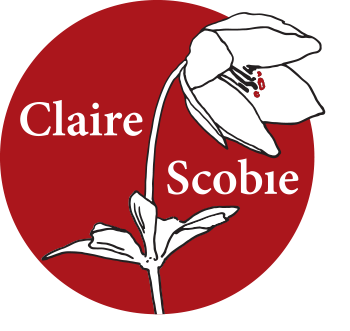24 Mar How to interview people to make your stories more compelling
Learning the art of the interview can make you a better writer. You need it in all genres – obviously journalism but also non-fiction and fiction In a family memoir, you may be chatting to Aunt Doris to find out her recollection of growing up in the ‘burbs. In a travel memoir, it could be a traveller or your tour guide through Bhutan. Both of these may be informal but you still need to take notes.
 It’s important to jot down gestures, tone of voice and a thumb-nail description: a brief ‘word-picture’ of the person so the reader can visualise her or him.
It’s important to jot down gestures, tone of voice and a thumb-nail description: a brief ‘word-picture’ of the person so the reader can visualise her or him.
In a novel, you may be speaking to a techno-geek who builds robots at a university for the moment your aliens land on earth. Or a fireman to work out how a fire would have ripped through the cathedral in you thriller. These sorts of interviews are about getting information rather than building character.
Here you want to ask open-ended questions to elicit the most interesting responses. ‘’How could a fire start?’
For travel writing or journalism, interviews are more formal. You may want to record them (easy with a smart phone) AND make notes.
Here are 10 tips on how to nail an interview.
- Research – on the internet, in the library, speak to people. Always note down where you source your information.
- Read everything you can and then take a step back and think – what is new here? What is unexpected?
- Make your questions interesting, well informed and straightforward.
- Build a rapport with your interviewee when you meet them. Empathise and encourage.
- Use feedback – repeat back to your interviewee what you think they have said.
- Start with easy questions to bring out anecdotes not just facts. Save the tough questions for later.
- Move from the general to the specific.
- Be persistent. Tread water — What do you mean? Why is that?
- Keep a note of what still needs to be covered. There is so much going on in an interview that you have to keep up with unanswered questions, as well as planning future questions and making notes as well.
- Double check spellings of names or places.
How do you use interviews in you writing?
